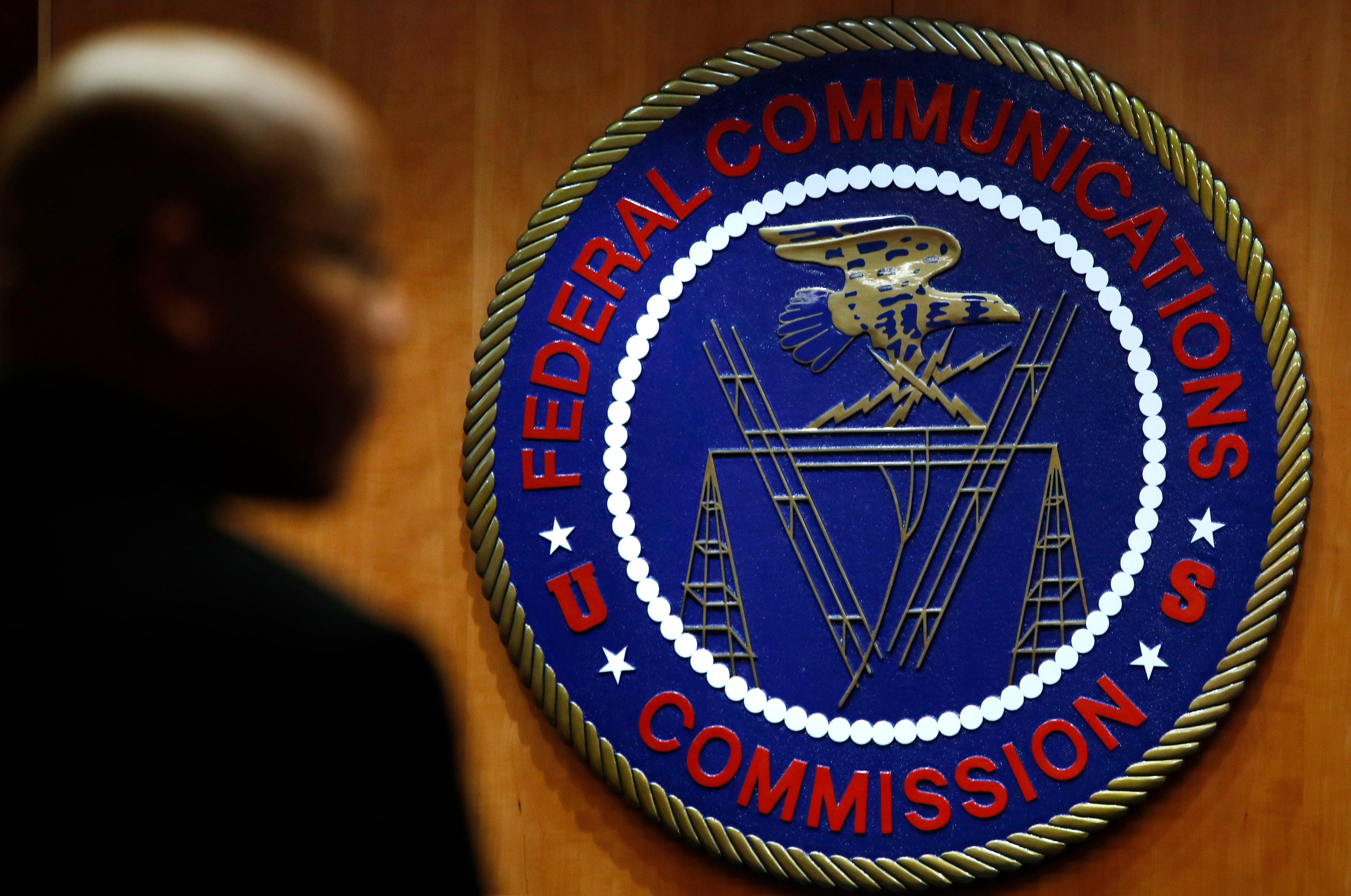FCC gives state prisons tech options to quash cellphones
Federal regulators are giving state prisons across the country more technological options to combat contraband cellphones

Federal regulators are giving state prisons across the country more technological options to combat contraband cellphones, which prison officials have long said represent the greatest security threat behind bars.
The Federal Communications Commission had been set to discuss “taking steps to combat contraband wireless devices in correctional facilities" during a meeting Tuesday, but officials said at the beginning of the discussion that they had already adopted a ruling on the issue and wouldn't be going over it.
In a comment posted online, FCC Chairwoman Jessica Rosenworcel said the commission's action “sets up a streamlined system for corrections department officials to use certified contraband interdiction systems to identify where contraband phones may be in use and request that wireless carriers have them deactivated.”
The ruling responds to “last year’s appropriations legislation directing us to adopt rules to require wireless carriers to disable contraband devices upon proper identification,” she wrote.
The move stops short of addressing out-and-out cell signal jamming, something prisons officials say would help them render contraband phones useless to inmates, who use the devices for unfettered, unmonitored communication.
But Rosenworcel said the commission is open to taking further action, noting that the FCC will seek comment on further rule updates and “the potential for other systems to help us combat the proliferation of contraband phones," to the extent federal law allows.
South Carolina Corrections Director Bryan Stirling has been at the forefront of an effort by corrections directors across the country to call for the ability to use more technology to crack down on contraband cellphones, thousands of which are confiscated in prisons every year, smuggled inside hollowed-out footballs, whisked in by corrupt employees and sometimes even dropped by drone.
He and other state prisons directors have advocated for the ability to jam the signals entirely, therefore rendering the illicit phones useless, but that’s not allowed under current federal law. Last week, Stirling told The Associated Press he was encouraged by the commission's willingness to discuss the dangers of the devices, which are smuggled into institutions by the thousands.
CTIA, a wireless industry group, opposes jamming, saying it could thwart legal calls. But, according to a 2020 FCC document, CTIA “recently reported to the Commission that it has been working successfully, along with its members companies” on “ceasing service to contraband devices pursuant to court orders they have obtained.”
There’s been other evolution on the issue. In 2008 and again in 2019, South Carolina got federal permission to conduct jamming tests at two maximum-security prisons. Congress has considered jamming legislation, but no bills have been signed into law. The FCC has held a field hearing in South Carolina and met with members of Congress, prisons officials and stakeholders from the wireless industry.
Noting dangers like extortion schemes made possible by contraband phones, Rosenworcel also pushed prisons officials to continue their other efforts to root out the problem devices.
“The incentive to bring these devices into prisons and jails will not simply go away with better contraband interdiction systems in place," she wrote. "These underlying problems need to be addressed.”
___
Meg Kinnard can be reached at http://twitter.com/MegKinnardAP.
Bookmark popover
Removed from bookmarks